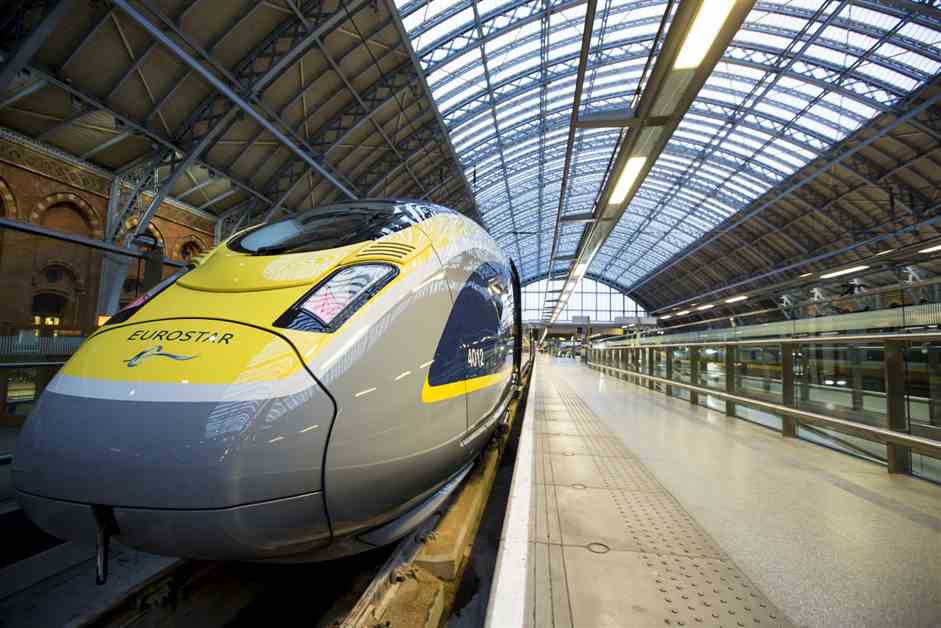Eurostar Faces Lack of Competition for Four Years Due to Brexit
Eurostar, the high-speed rail service connecting the UK to mainland Europe, is set to remain unchallenged in the market for at least the next four years. This lack of competition is largely attributed to the ongoing effects of Brexit, which has created significant barriers for potential rivals looking to enter the market.
The impact of Brexit on Eurostar’s competitors is evident, with several companies abandoning plans to launch competing services in the wake of the UK’s departure from the European Union. This has left Eurostar as the sole operator in the high-speed rail market, giving the company a monopoly status that is unlikely to be challenged in the near future.
The lack of competition in the market could have significant implications for travelers, as it may result in higher ticket prices and reduced incentive for Eurostar to improve its services. Additionally, the absence of rival operators could stifle innovation and limit choices for passengers seeking alternative travel options between the UK and Europe.
As Brexit continues to shape the landscape of the transportation industry, Eurostar’s dominance in the market is expected to persist for the foreseeable future. With no immediate competitors on the horizon, travelers may have to rely on Eurostar as their primary means of high-speed rail travel between the UK and mainland Europe.
